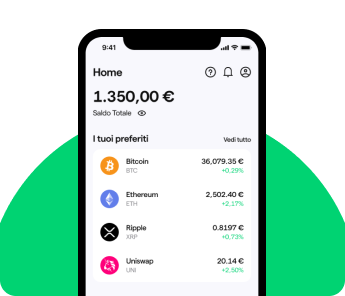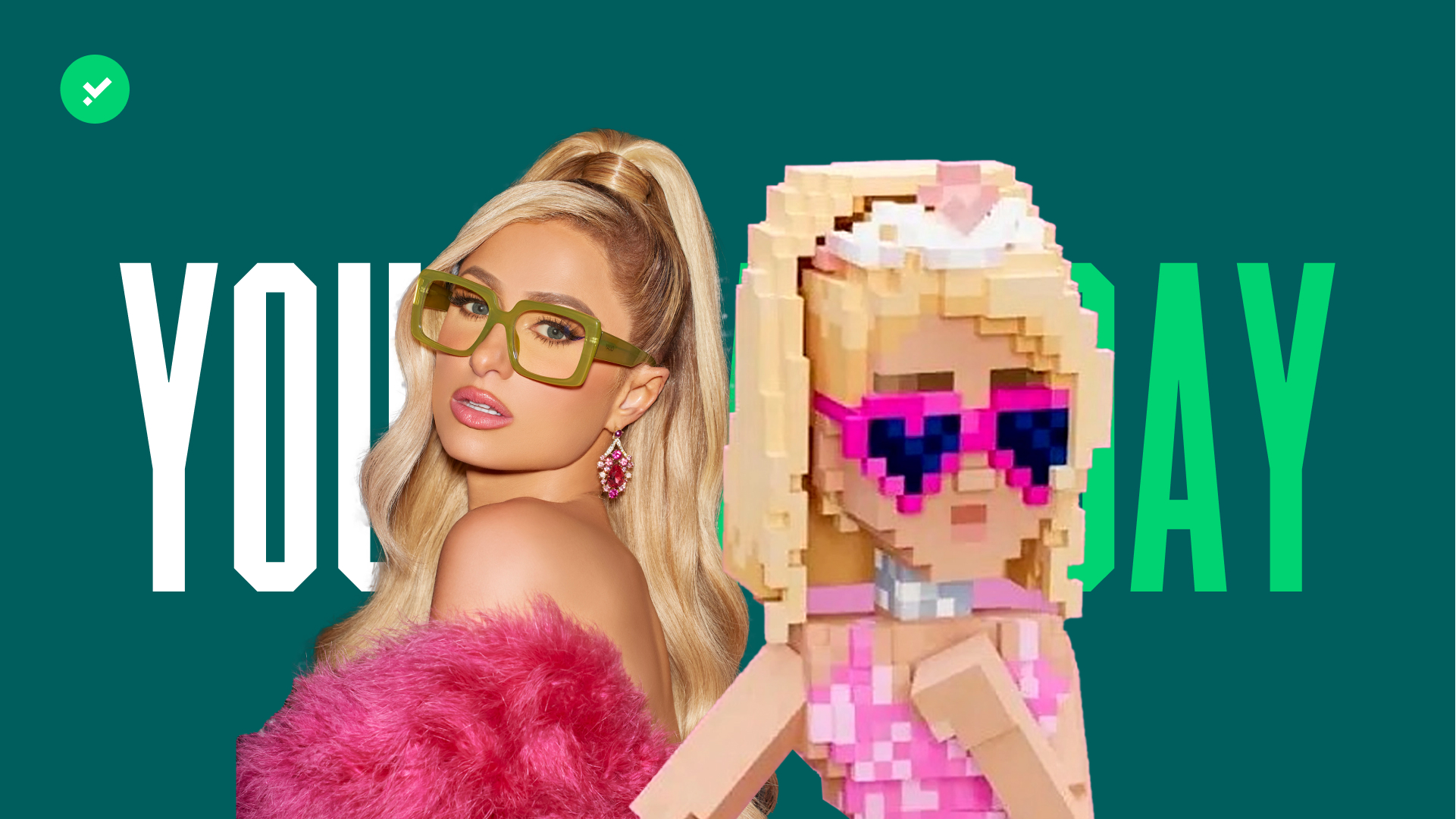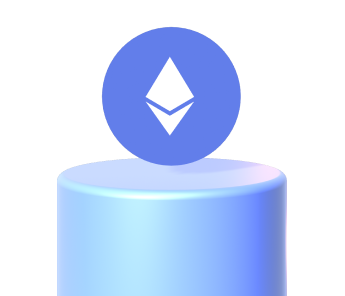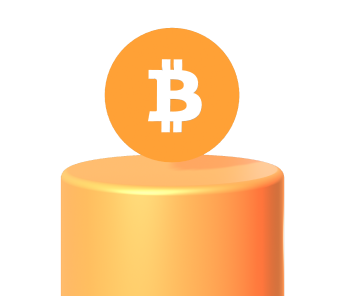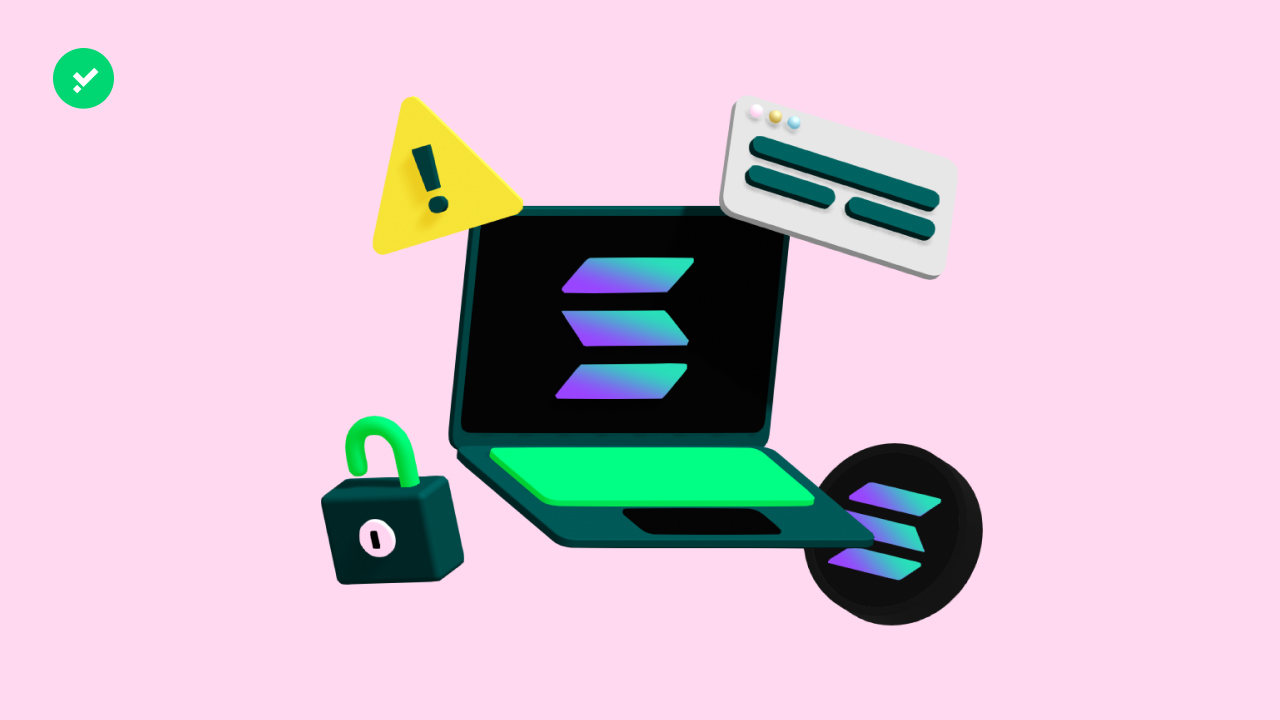DeFi Kingdoms and Crabada are already using their respective subnets. See how crypto gaming on Avalanche attempts to solve the scalability problem
Avalanche, Polygon and Solana are fighting for hegemony in the crypto gaming industry. Let’s see where Emin Gün Sirer‘s blockchain stands.
Avalanche is an open source Proof-of-Stake blockchain that enables the development of decentralised applications. The goal that Avalanche has set itself since its inception is to solve the blockchain trilemma. Lately, much of the work of the Ava Labs team, the Web3 company that started the network, has been aimed at improving one of the three sides of the trilemma: scalability. This increase will be crucial for developing the infrastructure needed for one of the sectors that Avalanche is focusing on the most, crypto gaming! DeFi Kingdoms and Crabada have already moved onto their respective DFK Chain and Swimmer Network subnets, and other big names such as Ascenders and Ragnarock are in the process of doing so. Find out how the subnets intend to revolutionise crypto gaming!
What are subnets and how do they contribute to network scalability?
So, what exactly are Avalanche subnets? Are they Layer 2 blockchains like Polygon or Rollups like Arbitrum or Optimism? Actually, subnets are a way to use different sets of validators in order to create new subversions of the main blockchain. Each subnet is located within the main Avalanche network, but in addition to its own set of validators it has its own currency and security system.
Subnets allow video games and other decentralised applications to take advantage of Avalanche’s existing infrastructure by easily creating their own blockchain environment, tailored to the needs of their users. But why is this important for the crypto gaming industry? To achieve lasting success, Web3 games must achieve a fluid user experience that we see in traditional games today. This fluidity can be achieved through two elements that are non-negotiable:
- High scalability
- Low gas fees
Scalability is the ability of a blockchain to handle high network use without compromising the user experience. It is a fundamental requirement for a game that wants to establish itself on a large scale. Gas fees, on the other hand, are the ‘fees’ a user has to pay for transactions to be processed. Low gas fees make it possible to carry out the frequent interactions that a Web3 video game requires almost free of charge. For example, an average transaction on DeFi Kingdom costs about 0.005 JEWEL, and one JEWEL is worth about $0.2. So it usually costs a thousandth of a dollar to interact with the DFK Chain.
Which crypto games are migrating to subnets?
There are currently two games already active on Avalanche’s subnet: DeFi Kingdoms on the DFK chain and Crabada on the Swimmer Network. Together, DFK and Swimmer process about half of the transactions that take place on the Avalanche network. DeFi Kingdoms is a play-to-earn RPG video game originally released on Harmony. Crabada on the other hand is one of the first games to be created on Avalanche and was the first to move onto its Swimmer Network subnet. Crabada features two main game modes: active battle mode and inactive mode (mining battle and looting). As the name suggests, active battle allows players to pit their Crabs – cute hermit crabs – against each other or against AI-controlled enemies to earn in-game rewards. Two other games, however, are set to use their respective subnets. Both are part of the list of the best play-to-earn games on Avalanche and are Ascenders and Ragnarock.
Ascenders is a sci-fi RPG that will be launched directly on its own subnet, a trial version of which is already available. Ragnarok, on the other hand, is a browser-based role-playing game in which players interact with an open-world environment. Although initially launched on Ethereum, the game aims to expand to Avalanche’s subnets in the future. In this mad scramble to conquer the crypto gaming sector, each protocol is thinking of different solutions, but all have the same goal: to increase the scalability of networks to be competitive with off-chain games. Will the subnets manage to prevail or will they be defeated by Layer 2s or even the mighty Solana?






